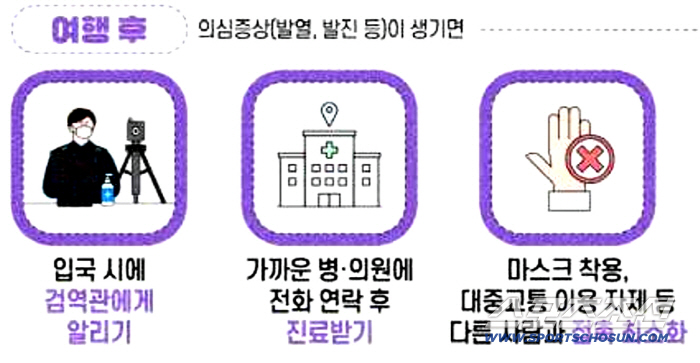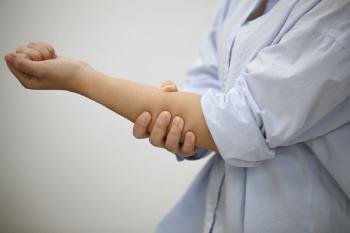Measles cases increased by 40% this year...You have to keep an eye on it for three weeks after traveling abroad during the holiday season
Aug 13, 2025
|
According to the latest World Health Organization (WHO) data, the number of measles cases worldwide reached about 360,000 in 2024. As of 2025, measles continues to be prevalent not only in Europe, the Middle East, and Africa, but also in Southeast Asia, where many Koreans visit, and the risk of measles infection during overseas stays still persists.
According to the WHO's Western Pacific Regional Office in 2025, the number of measles cases (occurrence rate per million people) in major countries in the region was 1,183 in Mongolia (673.3), 2582 in Cambodia (290.0), 566 in Laos (145.6), 2,259 in the Philippines (38.7), and 433 in Malaysia (25.2). In addition, measles is known to be a big trend in Vietnam since 2024, so care should be taken when visiting the country.
A total of 68 measles patients in Korea were reported this year up to 32 weeks (as of August 9), an increase of 40% compared to 47 during the same period last year. Among them, 49 (72.1%) cases of overseas inflow were confirmed after entering Korea after being infected from abroad, and they were infected after visiting Vietnam (42), South Africa (3), and Uzbekistan, Thailand, Italy, and Mongolia (1 each). There were 19 cases related to overseas inflows that were additionally transmitted from home and medical institutions through them. Of the patients, 77.9% (53/68) were adults over 19 years of age, and 54.4% (37/68) had no or no history of measles vaccination.
The Korea Centers for Disease Control and Prevention recommended that measles vaccinations be completed before visiting overseas countries, especially Cambodia, the Philippines, China, Mongolia, Laos, Malaysia, and Vietnam, and that if suspected measles symptoms such as fever and rash occur within three weeks of returning home, personal hygiene such as wearing a mask must be observed and treated at nearby medical institutions. In addition, the medical staff were asked to check the patient's recent overseas visit history and quickly report it to the competent public health center in the event of a suspected patient.
Measles is a highly contagious respiratory infectious disease that can spread the air, and the incubation period is 7 to 21 days (average 10 to 12 days), and the main symptoms are fever, rash, cough, runny nose, and conjunctivitis, and it is easily spread through contact with measles patients, droplets made through coughing or sneezing. A person who is not immune to measles can be infected more than 90% if they come into contact with a patient, but since the positive rate of antibodies reached 95-98% after MMR vaccination is sufficiently prevented through vaccination, it is important to complete a total of two measles vaccinations (MMR) vaccinations for 12 to 15 months old and 4 to 6 years old who are eligible for national vaccination.
In particular, infants under 12 months of age with weak immunity need to be more careful because they have a high risk of complications such as pneumonia, otitis media, and encephalitis when infected, so it is necessary to refrain from visiting countries with measles epidemic as much as possible. Considering the period from vaccination to defensive immunity formation (usually two weeks), vaccination is necessary before departure, and in case of inevitability, infants aged 6 to 11 months before the first vaccination are also recommended to receive a national measles vaccination (accelerated vaccination) before departure.
Korea is a measles eradication country certified by the WHO, and measles is designated and managed as a quarantine infectious disease. In addition, measles patients must receive quarantine inpatient treatment or quarantine at home during the period of transmission, and related treatment costs are supported by the government if they are infected in Korea or Korea.
Director of the Korea Centers for Disease Control and Prevention Lim Seung-kwan said "People should check whether they are vaccinated against measles (twice for 12 to 15 months and 4 to 6 years old) before traveling, and if they are unvaccinated or have uncertain vaccination history, please complete the vaccination before departure. In addition, please pay special attention to the occurrence of suspected measles symptoms such as fever or rash within three weeks of visiting overseas, and if suspected symptoms occur, visit a medical institution immediately to inform them of their overseas visit history and receive medical treatment." "If a medical institution is suspected of measles, make sure to check whether you have recently visited overseas, report it quickly if you are suspected of measles, and actively cooperate with the health authorities' preventive measures," he said.
This article was translated by Naver AI translator.














